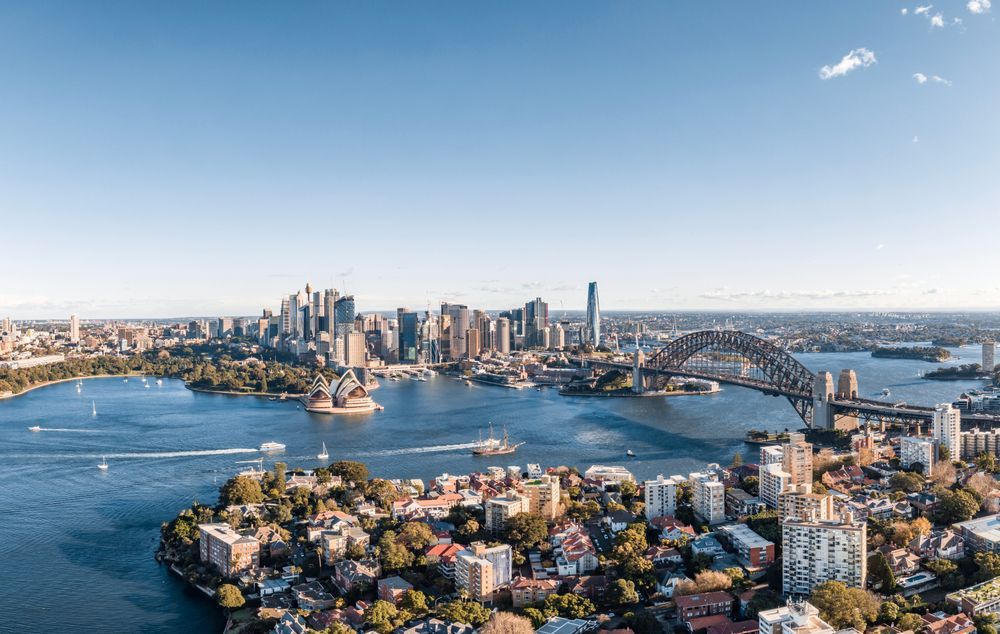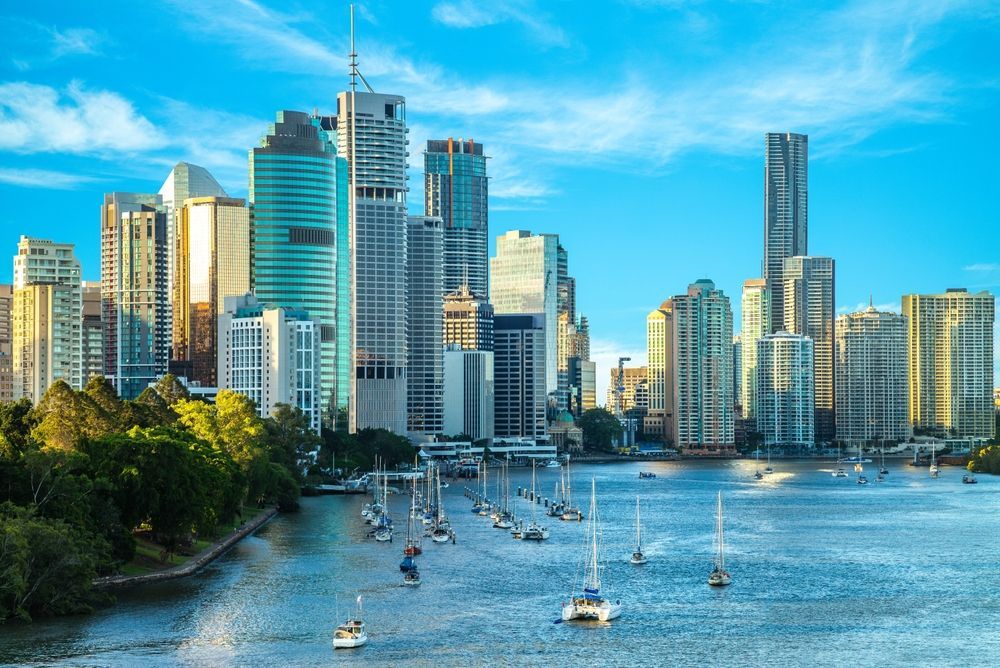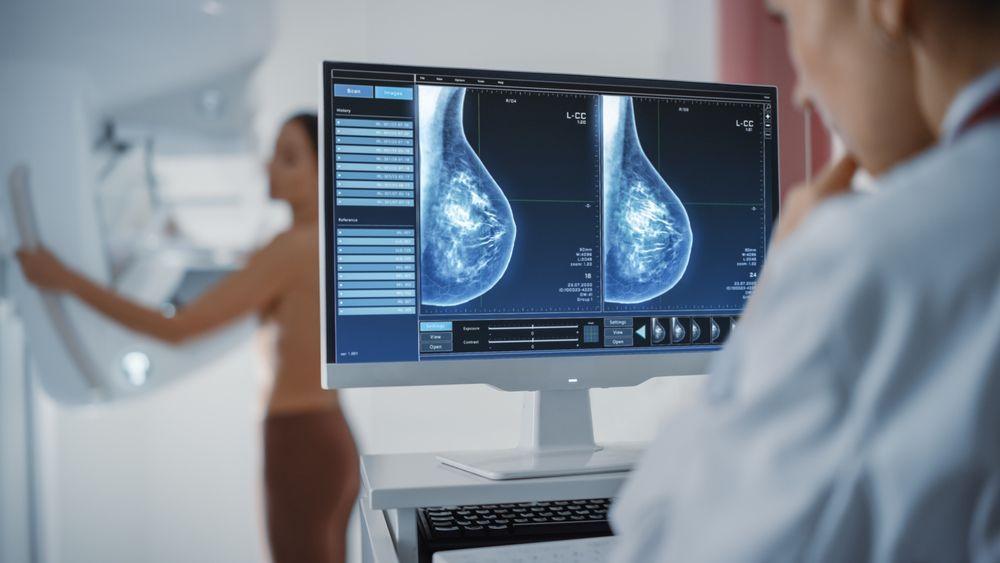How to Succeed at an Interview for a Resident Doctor Job in New Zealand
Interviews for resident doctor jobs in New Zealand's public healthcare system, the employer of choice for most house officers and registrars, are friendly and informal. This guide provides an overview of the process and tips for success.
Resident Doctor Jobs
In New Zealand, the term Resident Doctor covers the job titles House Officer and Registrar. These positions are for doctors at the level of PGY1 to PGY 8 and cover the pre- vocational and vocational training periods. Some jobs are accredited for specialist training whilst others are not. The latter are often called service jobs because the doctor provides a clinical service but without formal accreditation for training. It is important to clarify which of these two types of jobs you have applied for as the purpose and outcome of the jobs may differ.
Prevocational Training
This is the first two years of employment after graduation from medical school and consists of a PGY1 year undertaken with provisional general registration with the Medical Council of New Zealand, followed by a second year with full general registration, provided that satisfactory completion of PGY1 was attained.
Both PGY1 and PGY2 doctors work in a series of "runs" which are rotations of six months duration in a variety of medical and surgical specialities, including the speciality of "relief". This term is peculiar to Australia and New Zealand, and as its name suggests, involves covering the absence of other house officers in a variety of specialities.
Vocational Training
Specialist training starts at PGY3, although some doctors delay their entry to specialist training if they are uncertain of their career choice and wish to gain further experience in different specialist fields. The duration of vocational training varies by speciality but falls in the range of 3-6 years. This will be extended if subspeciality fellowships are pursued.
In New Zealand, unlike the UK, it is possible for PGY3 doctors to apply for registrar positions in some specialities. The job adverts will usually confirm the experience requirements for each position.
Interviews for Resident Doctors in New Zealand
It is quite common for house officers and registrars to be offered jobs on the basis of a review of their curriculum vitae (CV) and three professional references, without a formal interview. This is especially common with applicants from the UK and Ireland, who are often surprised by the sudden appearance of job offer documents ready for signature. However if you are invited to an interview, it is important to prepare thoroughly.
As with all job interviews the aim of the interviewers is to ensure that you have the skills, motivation and cultural fit to perform well in the job. Interviews are conducted remotely by teams or zoom with the telephone for back up in case of technical failure. The interview panel consists of 2-4 members, usually consultants in the relevant speciality and hospital department, with some administrative staff.
The interview duration will be 30 -60 mins, very rarely exceeding this and can be expected to be relaxed and friendly.
1. Interview Preparation
With all job interviews, conscientious preparation is vital for success, but even more so when you are relocating into a new country with a healthcare system which is unfamiliar. Although Health New Zealand, New Zealand's public healthcare system is similar to the healthcare systems of other countries, particularly the UK National Health Service (NHS), there are subtle differences in medical practice with which you will need to grapple and eventually understand.
Confirm Your Career and Personal Goals
Before applying for jobs and attending interviews, it is paramount to formulate your own career and personal goals and recognise how the job aligns with these. Will this job provide the clinical experience you need to enter a vocational training program or obtain further specialist experience? Will it enhance your lifestyle or allow you to partake in recreational pursuits?
Review the Job Advert and Description
Research the department and hospital or hospitals where the job is based and the scope of practice, responsibilities and expectations of the position. Familiarise yourself with the institution, its values, and its patient demographics. Some jobs involve travel between two or more hospitals for clinical work and may require that you have a valid driving licence and car.
Assess the clinical training and formal instruction available and whether or not the job and department have formal accreditation for training in the appropriate speciality.
Research the Job Location
The location of the job may or may not be a deciding factor but it will determine the size and level of the hospital, accommodation prices and cost of living and the local facilities and recreational opportunities available. Tertiary hospitals are based in New Zealand's largest cities; Auckland, Wellington, Hamilton, Christchurch and Dunedin whilst the smaller cities and towns have secondary and rural hospitals of various sizes.
Familiarise yourself with the location of the job and the aspects of it which appeal to you and those you may find challenging. One issue resident doctors often struggle with is the cost and availability of accommodation in the major cities, particularly Auckland.
Review Your Training and Career Achievements
Be ready to discuss your medical school experience, rotations, and any elective placements followed by your clinical practice experience and career goals. Highlight areas where you won prizes or awards, demonstrated initiative or received positive feedback.
Practise Responses to Common Questions
Job interviews for resident doctors tend to follow a predictable format with standard questions. As most applicants are at the beginning or early stages of their careers, there is limited scope for lengthy discussions about clinical practice experience, research interests, publications, specialist interests and leadership skills.
Questions are focused on career goals, motivations and cultural fit. You should be ready to enthusiastically discuss your goals and reasons for wanting the job, relevant clinical skills and experience and abilities to readily adapt, communicate and co-operate with other team members. You should prepare responses to clinical scenario questions, particularly the focus on the management of acute emergencies.
Technology, Background and Dress
Test your technology in advance of the interview to ensure that it works effectively. You can use a laptop or desk top computer, a tablet or mobile phone to access the zoom or teams call. There is no need to download the software applications for zoom or Microsoft teams if you do not already have them, as you will receive a link to the call which is quite sufficient for access. Upon receipt of the link, click on it to ensure that it takes you to the interview meeting room.
Ensure that you have a comfortable location for the call with a good, stable internet connection, and effective lighting. Your background should be uncluttered and look professional. You can use one of the backgrounds provided by zoom or teams if you have the application, otherwise you can blur your background. Remove pets, children and all sources of noise, ensuring that televisions and radios are turned off.
Dress professionally in a smart outfit. T shirts and sportswear are not recommended. Ensure that your camera and microphone work well and use external ones if necessary. Once you are located centrally in the frame for the call, you can unmute your sound and turn on your video ready to enter the call.
2. The Interview
Unless you are living in New Zealand and able to travel to the hospital, the interview will be conducted remotely. Staring at a screen does not provide the same level of connection with your interviewers as an in person interview but is preferable to a telephone call. Log in to the call at least 10 minutes before the start time and ensure that all is working as it should.
The Format
Interviews are quite predictable and you can be relieved that you are unlikely to meet with any surprises. The interview panel members will start with an introduction and then get the interview underway with a series of questions which can be grouped into 4 categories as follows:
Personal Questions
The interviewers' prime interest is your motivation for seeking this job. They will open this section of the interview by asking questions about your medical education and career to date, your specialist interests, likely career path and reasons for applying for this job. They will also want to know why you have chosen the particular location.
You should rehearse and prepare succinct responses with convincing reasons for your choice of speciality and location and communicate them with enthusiasm. .
Clinical Questions
A few clinical questions are likely to assess your knowledge and experience in the speciality in which you are applying to work. Listen carefully to the questions before you formulate your responses and then provide concise and logical answers.
If you are applying for a job in a speciality which is new to you, it is quite acceptable to admit your lack of experience and state that you would seek assistance in managing a patient. After all, you are applying for a junior position and the interviewers want to ensure that you have sufficient awareness of your limitations and are unlikely to undertake high risk options.
Teamworking Questions
This is often the lengthiest section of the interview and the questions are designed to assess your ability to work effectively as a team player. You can expect questions about communication with clinical teams, managing underperformance and stress, hobbies and interests.
A few questions about Maori Health and cultural issues are habitually included so it is worth preparing this topic with one of the cultural programs available on line.
Your Questions
Finally you have an opportunity at the end to ask your own questions and you should use it. A candidate without questions suggests lack of interest. Three to six questions are ideal and should cover details of the job and training opportunities. Discussions about the salary are best avoided. Remember to thank the interviewers at the end.
3. Post Interview Communication
Communication after resident doctor interviews in New Zealand is generally swift and mostly positive. If successful, you can expect to receive a job offer, usually within 7-10 days of the interview, with a further 7 days deadline for your acceptance. If unsuccessful, you may receive feedback but if not, you can certainly request it to help you prepare for any further interviews.
We wish you success in your job interviews!
4 August 2025
Share this post on Social Media
Leave a Comment
SEARCH JOBS
Ready for a change? Whether you’re looking for higher compensation, greater autonomy, a better work-life balance, or just a change in scenery, we have job opportunities in wonderful locations across the world. Start your medical or dental job search today and embark on your next career move.
SIGN UP FOR JOB ALERTS
We believe everyone deserves to find their dream job. Be the first to hear about new practice opportunities in exciting locations across the world Simply sign up for job alerts in your chosen field, and we will email you when a new job in your specialty becomes available.


















